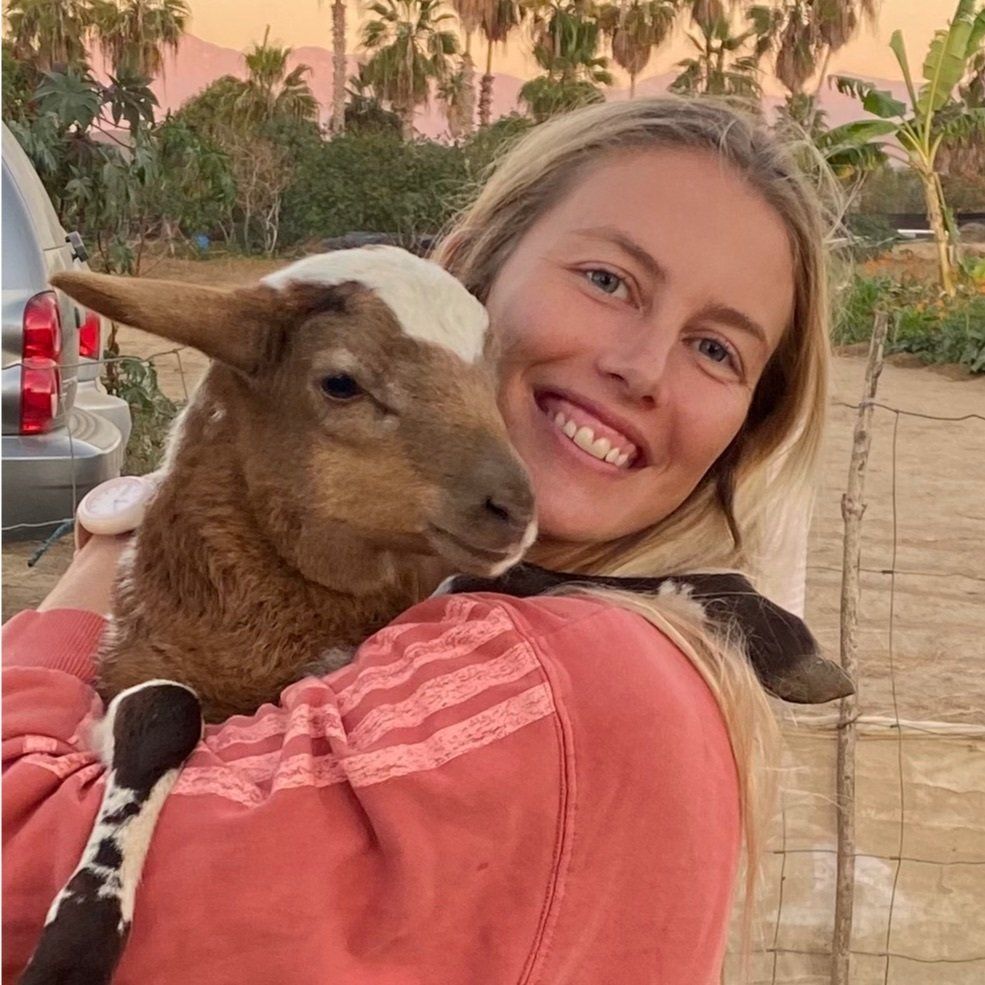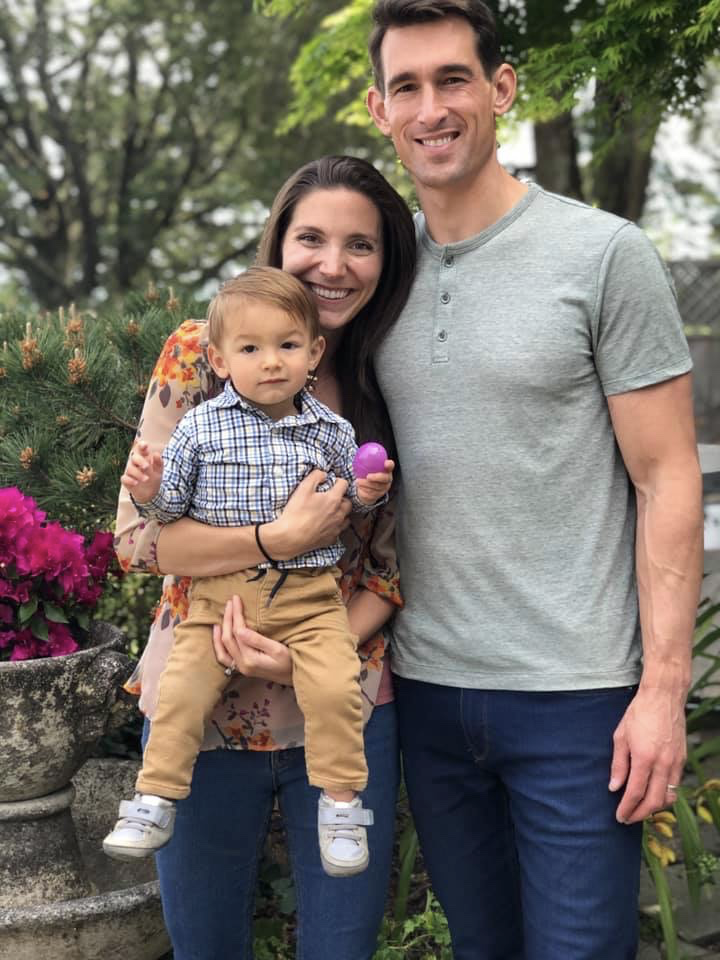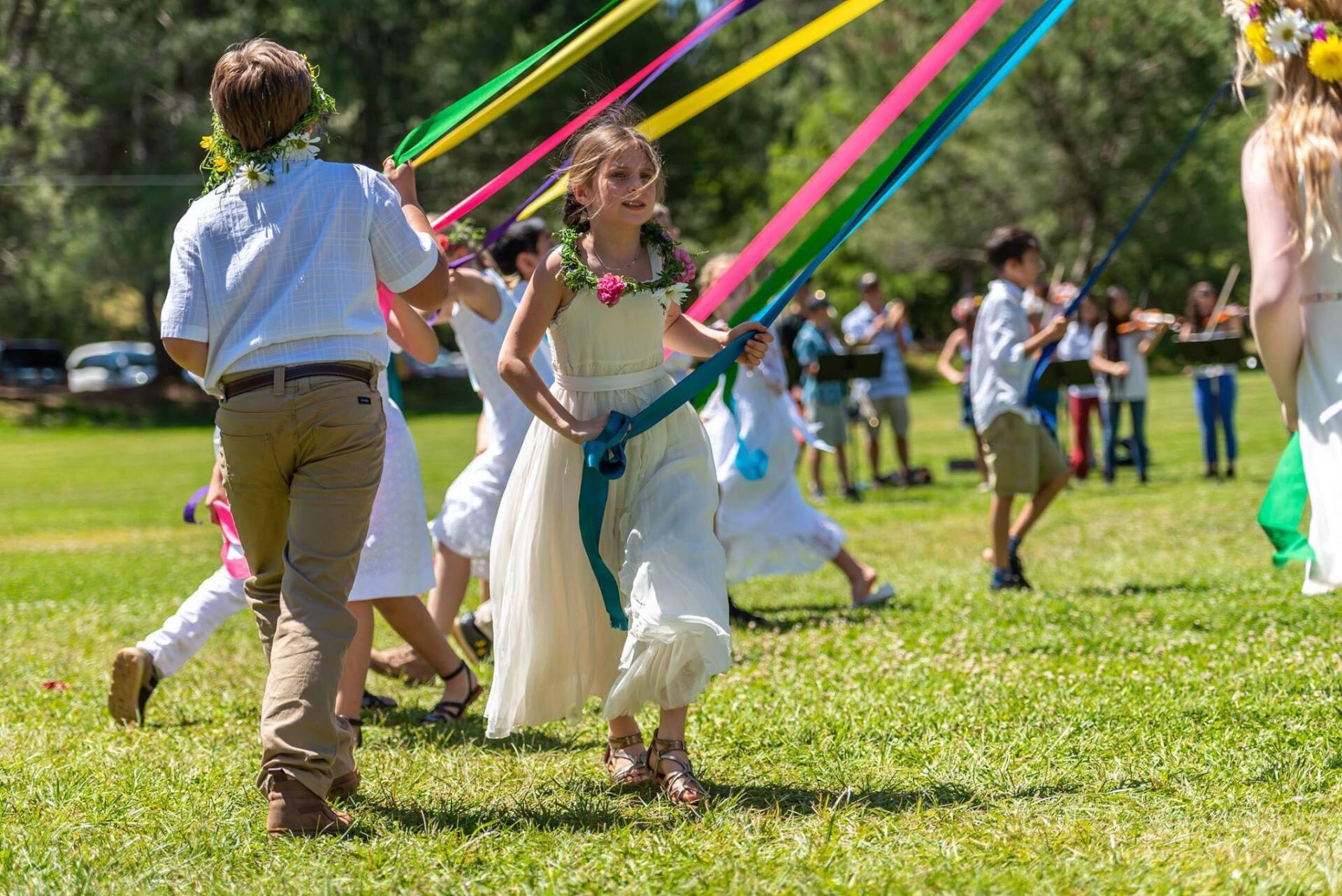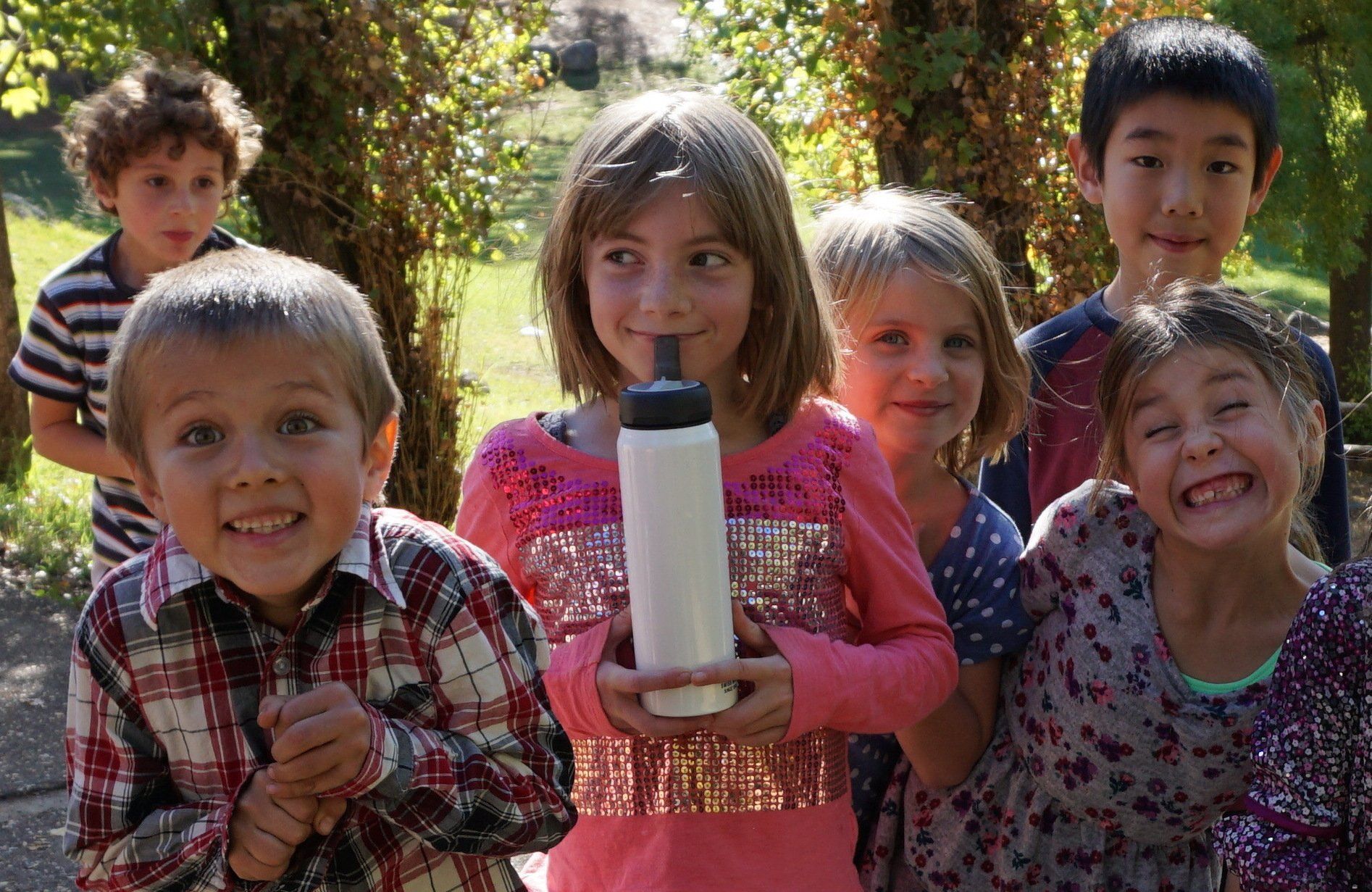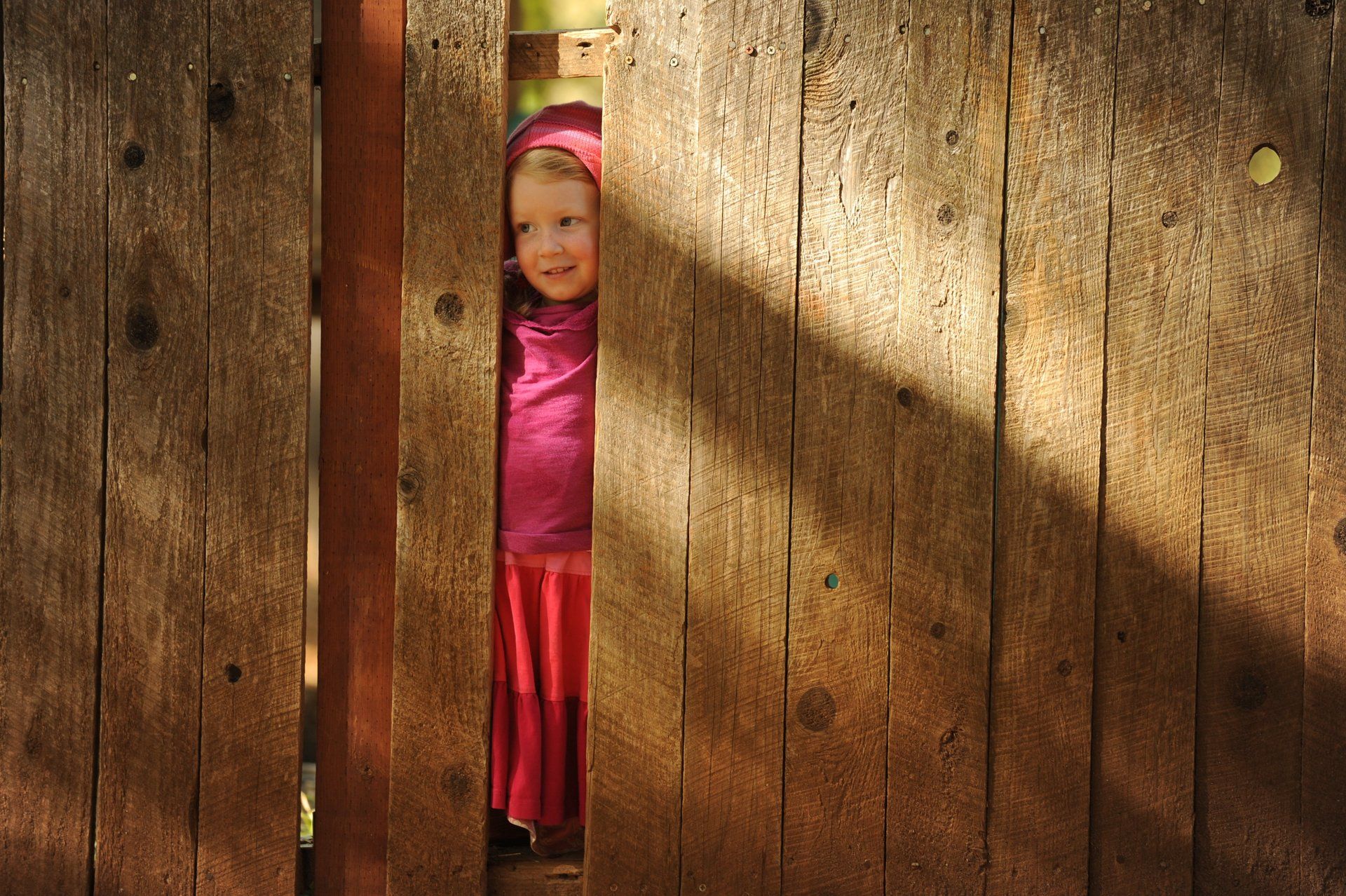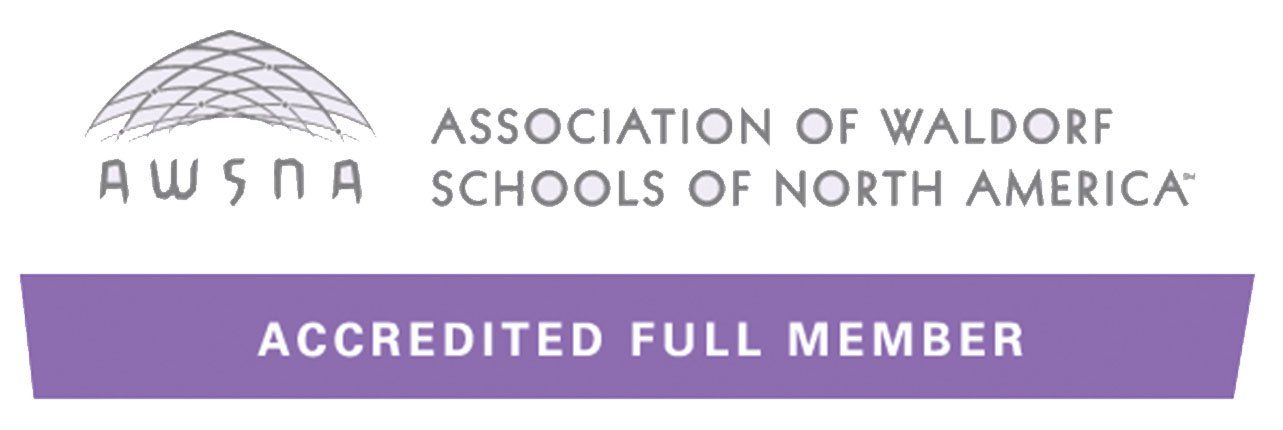Learn more about what the right age is for academics from The Waldorf School of Philadelphia
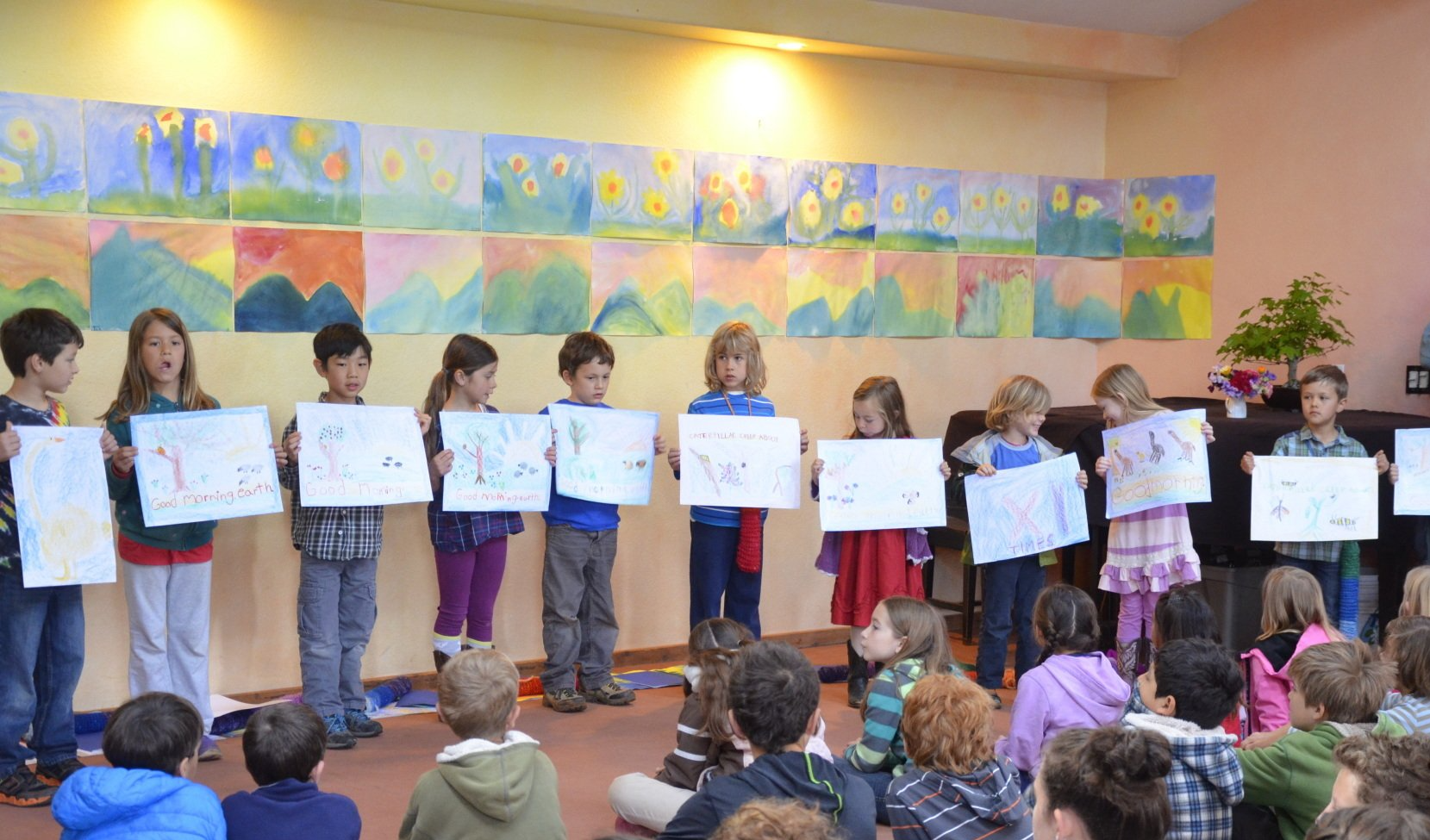
Children at the Waldorf School of Philadelphia must be six years old by 1st June in order to enter first grade and the world of formal academic instruction. Some parents worry that this is too late. After all, their children’s public school peers have been receiving academic instruction since age five in Kindergarten or even earlier in preschools or daycares. There is a commonly held belief that children who learn early learn more over the long haul. Surely, a four-year-old who is taught to read will become a fourth grader well ahead of her peers in reading. Research, however, indicates that the opposite is true -- not only do younger students in academics fall behind their older peers in the early grades, they STAY behind those peers long term.
Consider the research of Kelly Bedard, a labor economist at the University of California, Santa Barbara. Her paper, The Persistence of Early Childhood Maturity: International Evidence of Long-Run Age Effects, was written with Elizabeth Dhuey and published in The Quarterly Journal of Economics (2006) 121 (4). Bedard analyzed the math and science test scores for 250,000 students across 19 countries; comparing the scores of those who entered academics at age five versus age six or seven. According to Bedard’s interview with New York Times reporter, Elizabeth Weil, in the article: When Should a Kid Start Kindergarten she found that, in the U.S., “...older students are 7.7% more likely to take the SAT or ACT, and are 11.6% more likely to enroll in four-year colleges or universities.” But the “age effect,” as it is often called, was seen across all countries, cultures and education systems in her study. Overall, those entering school younger performed 4 to 12 % less well by fourth grade and 2 to 9% lower by 8th grade.
Read more on this article here!
Photo of Live Oak Waldorf School students.



To Learn More, Contact Us:
We will get back to you as soon as possible.
Please try again later.
Contact Info




This site is not a part of the Facebook website or Facebook Inc. Additionally, this site is NOT endorsed by Facebook in any way. FACEBOOK is a trademark of FACEBOOK, Inc.

